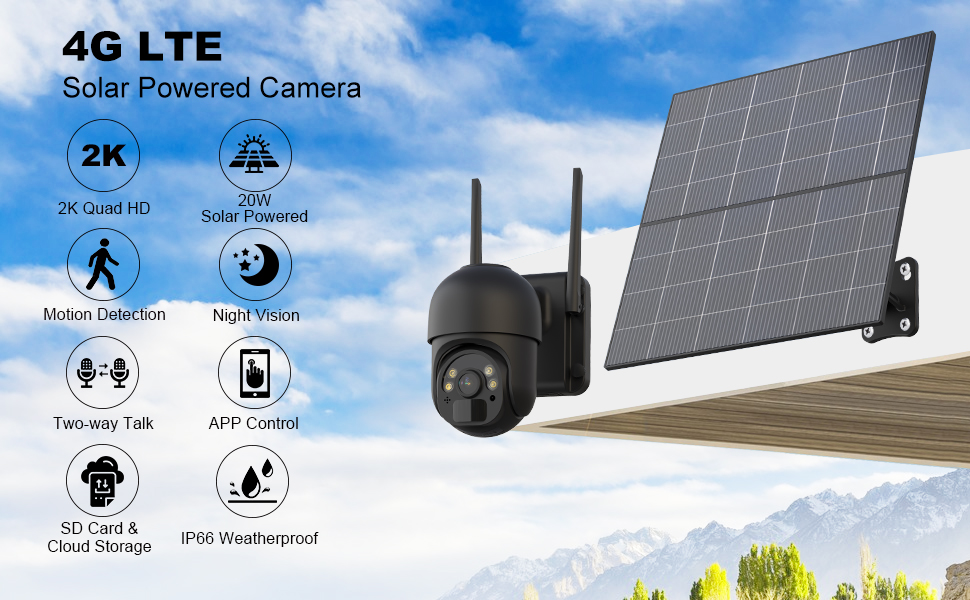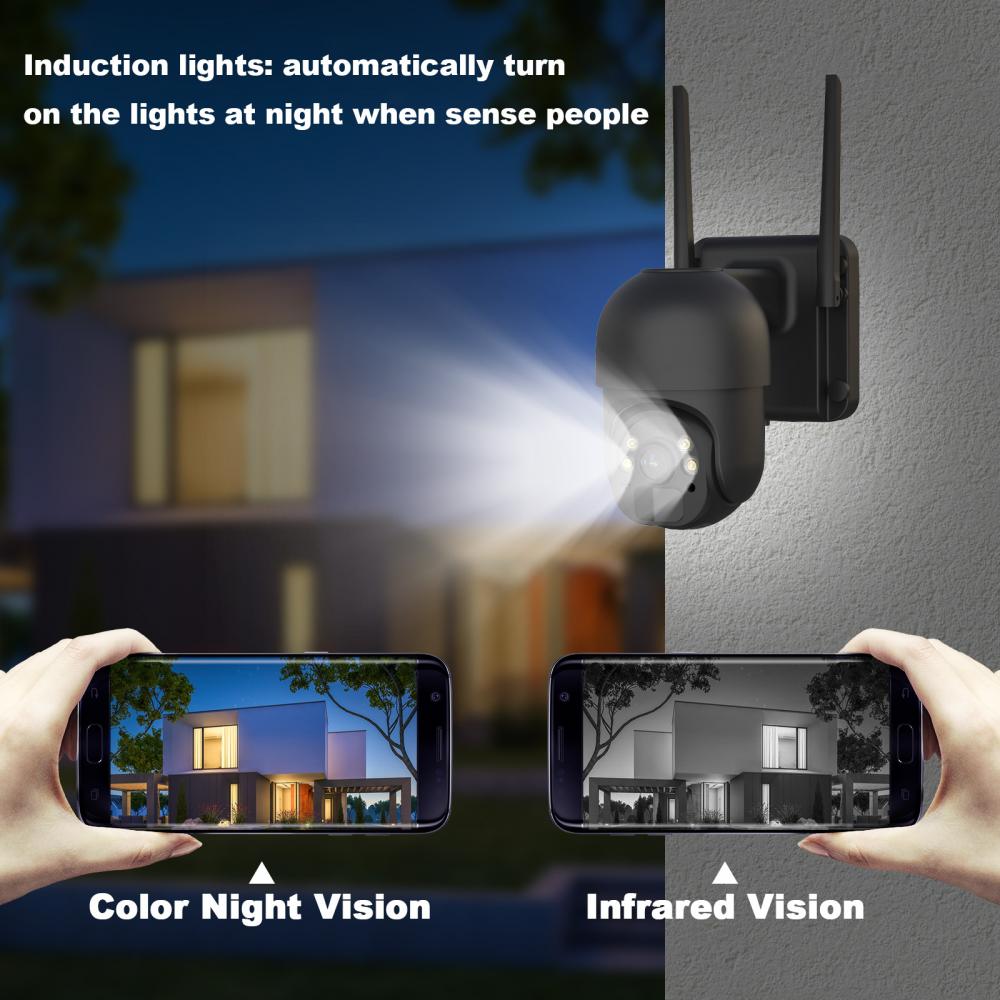Breeding rabbits successfully during winter is a crucial step in enhancing the overall productivity and health of your rabbit population. To ensure effective breeding, several key factors must be carefully considered and managed.
First, selecting high-quality breeding rabbits is essential. Male rabbits should be between 8 to 10 months old and weigh at least 3.5 kg, while females should be 6 to 8 months old and weigh over 3 kg. A good male should have a strong build, smooth coat, alert behavior, good appetite, and high fertility. Female rabbits need to be healthy, calm, with well-developed reproductive organs, clear eyes, and at least four pairs of functional teats. They should also show regular estrus cycles and be able to nurse their young effectively.
Second, timing the mating process correctly is vital. In winter, rabbits are less active, and their estrus cycle typically lasts 7 to 17 days, with estrus lasting 1 to 3 days. It's best to breed them on sunny afternoons, as this is when their libido is highest. Breeding can also occur one hour before sunset, as this is another peak time for sexual activity. After mating, gently stimulate the female’s rear to help the semen reach the uterus. Using methods like double mating—breeding with two different males in the morning and evening—or repeated mating can increase the chances of successful pregnancy.
Third, maintaining proper temperature and insulation is critical. Rabbits thrive in dry, clean environments with temperatures between 10°C and 25°C. The rabbit house should be located in a sheltered, sunny area. Use straw curtains, soft bedding, and insulate the enclosure properly. If it gets too cold, cover the hutch with wood ash or lime to absorb moisture. Avoid smoking inside the shed to prevent respiratory issues.
Fourth, nutrition plays a key role in winter breeding. Pregnant does need a diet rich in green vegetables like cabbage, carrots, and leafy greens, which should make up at least 30% of their feed. Include grains, soybean meal, fishmeal, and bone meal to provide balanced nutrition. Always ensure fresh water is available and avoid feeding spoiled or frozen food.
Fifth, post-birth care is important for both the mother and the kits. After giving birth, provide the doe with a small amount of brown sugar water and saltwater to prevent dehydration. Newborns should be fed milk for the first few days to build strength. At around 16–19 days old, they can start trying solid foods like soymilk and rice porridge. Gradually introduce wheat flour and bean dregs, and by day 6–7, add mineral supplements and small amounts of carrot. Feed them 4–5 times daily, including an evening meal, and always provide water after each feeding.
Finally, disease prevention is essential. Winter is a time when rabbits are more vulnerable to illness. Keep the environment clean, and consider adding garlic, ginger, or yeast tablets to their diet to boost immunity. If any rabbit shows signs of sickness, isolate it immediately and seek treatment to prevent the spread of disease.
By following these steps, you can significantly improve the success rate of winter rabbit breeding and ensure the health and vitality of your herd.
Dome Solar Camera
What do Dome Solar Camera Work ?
Solar surveillance cameras use solar panels to capture sunlight and convert it into direct current (DC). After that, the inverter will turn the DC power into alternating current (AC), which can be used to power the solar-powered security IP cameras and batteries for continued use. When there's no sunlight, wireless solar-powered security cameras can still draw power from a rechargeable battery that stores excess electricity generated by the solar panels.


Note: Contrary to popular belief, solar-powered cameras can also generate electricity on rainy or cloudy days because visible light can also pass through rain and clouds. But it goes without saying that solar powered surveillance cameras are less efficient on rainy or cloudy days, so maximum direct sunlight is beneficial for solar powered surveillance cameras to perform at their best. And, since outdoor solar-powered surveillance cameras come with a weatherproof design, you don't need to worry about them on rainy days. In fact, the occasional rain can be a boon - clean the surveillance cameras on your solar panels for free
Dome Solar Camera,solar powered,Night light,PTZ control,Security CCTV Cameras,Ip Camera
Shenzhen Fuvision Electronics Co., Ltd. , https://www.outdoorsolarcamera.com

